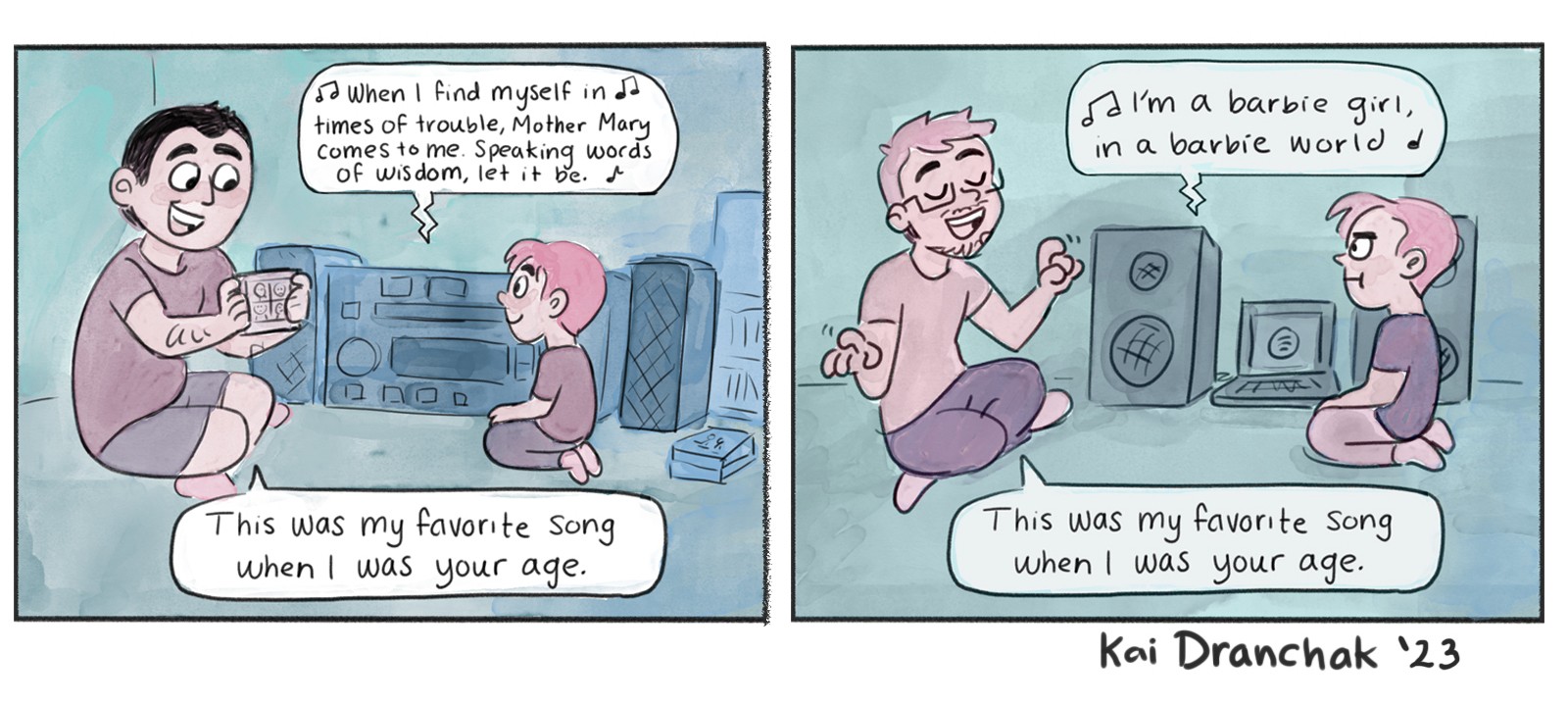We recently connected with Kai Dranchak and have shared our conversation below.
Kai , thanks for joining us, excited to have you contributing your stories and insights. Was there an experience or lesson you learned at a previous job that’s benefited your career afterwards?
An important lesson I learned, that goes beyond creative jobs, is it’s better to ask than wonder. Early in my career, I had a lot of questions. But, I didn’t ask them because I thought it would make me look incompetent or too green. It’d cost me some time, having to redo work I could’ve done better the first time, had I asked questions. So, I started putting my fears aside and just asking. And asking a lot. I saved time. I was making better work for my jobs’/clients’ needs. I found asking relevant questions can also make you look more experienced.


Awesome – so before we get into the rest of our questions, can you briefly introduce yourself to our readers.
Absolutely! I’m a storyboard artist, and occasional layout artist, in animation. I have experience in feature film, TV, shorts, and commercials. I went to college at Ringling College of Art and Design, where I received my BFA in Computer Animation in 2020. In college, I had a great internship at a little animation studio called EG Design in Minneapolis. I worked on an animated music video for kids, getting to experience all parts of the pipeline and learning new software. After college, it was a bit of a rocky start. I got my first gig in October of that year working on a commercial for a big music festival, which, of course, was canceled. My first job came in 2021 as a storyboard artist at pocket.watch on an animated TV show. Since then, it’s been a mixed bag of contract work, jobs, and freelance gigs. Currently, I’m working as a storyboard intern at Bored Panda, abroad in Lithuania.
Something that sets me apart is the variety of work that I’ve done in my, fairly, early career. I can easily switch to a flat-2D approach or a cinematic 3D feature film. Having experience in previs/layout has also been valuable to me. Having been on the other side of the storyboards, so to speak, I’ve learned what makes a good storyboard for a layout artist. I can think about what cameras and techniques might be applied to my boards, later in the pipeline. But most importantly, how important clarity is. It’s easy to misinterpret things. I try not to give that opportunity to anyone reading my storyboards.


We often hear about learning lessons – but just as important is unlearning lessons. Have you ever had to unlearn a lesson?
In college, my story sensibilities didn’t match a lot of the professors’ tastes. I had a hard time distinguishing what was technical feedback, or maybe more universal storytelling conventions, and what was my teacher’s individual preferences. I had convinced myself I wasn’t very funny and my stories were too weird and they would only hurt my chance of getting a job. So, I toned down the weird and made stories I thought people wanted to see. But, that didn’t help me get a job either and it didn’t make me very proud of my work. Then I made the kind of stories that make ME laugh. Anytime I have interviews or portfolio feedback, the weird ones are always the ones that get people talking. Even if they don’t like it, you’ve given them something to work with. It’s easier to reel it in than to ask for someone to go bigger. So, I’ve learned to trust myself more.


What do you think is the goal or mission that drives your creative journey?
My love of and need to tell stories. Which is great for me because that’s what I get to do every day! I love when I can make work that makes someone feel something. One of my favorite parts of the job, and the scariest, is pitching (when I go through my storyboards and explain the story while getting to do silly sound effects and funny voices) because I get to see a live reaction to my work. It can be a little daunting sometimes. Doing a lot of work for kids, I’m mindful of what they could be learning from my work and if it could have a negative effect on them. I pay attention to how kids react to media and it can definitely have an unwanted response from them. But, you still have to find a balance between what’s fun for them, the right messaging, and what your director wants.
Also, I’d love to direct for film! I try to set up things in my career now that could lead to that, but for now, I’m just enjoying the present.

Contact Info:
- Website: https://kaidranchak.portfoliobox.net/
- Instagram: instagram.com/kaidran
- Linkedin: linkedin.com/in/kai-dranchak
- Youtube: https://www.youtube.com/@number4privetdrive


